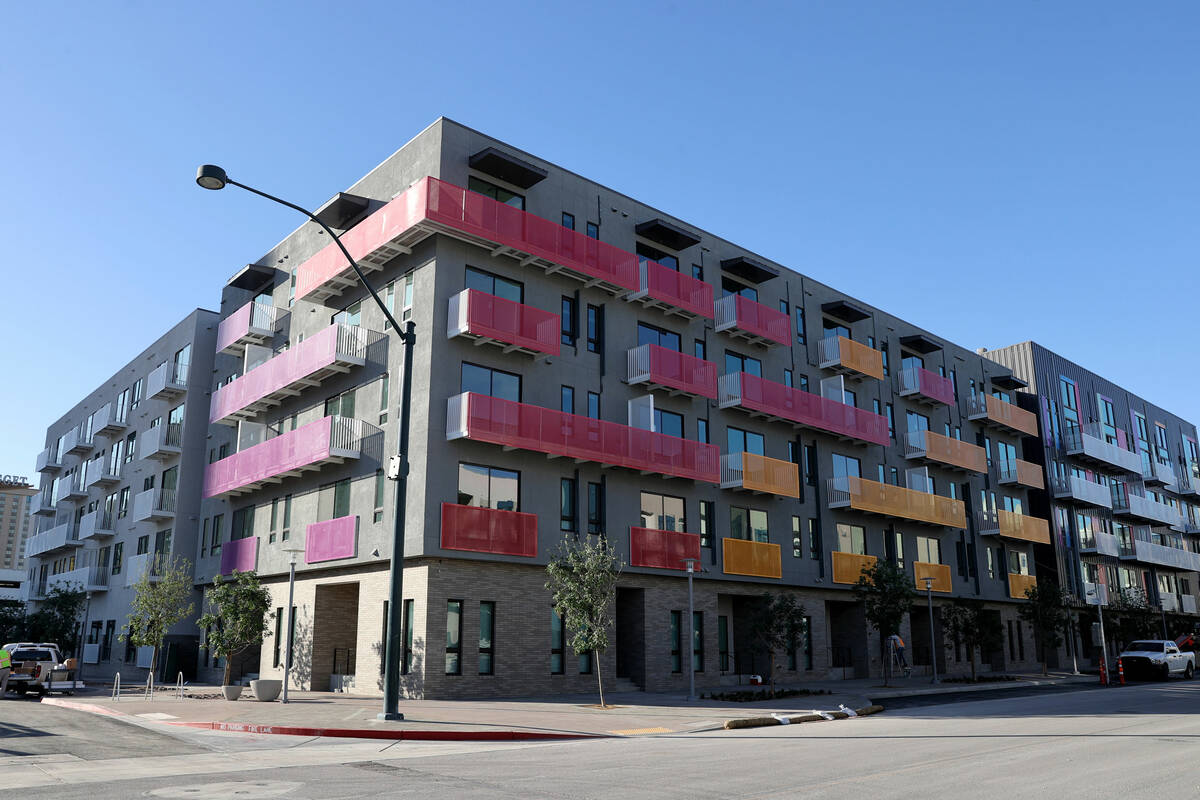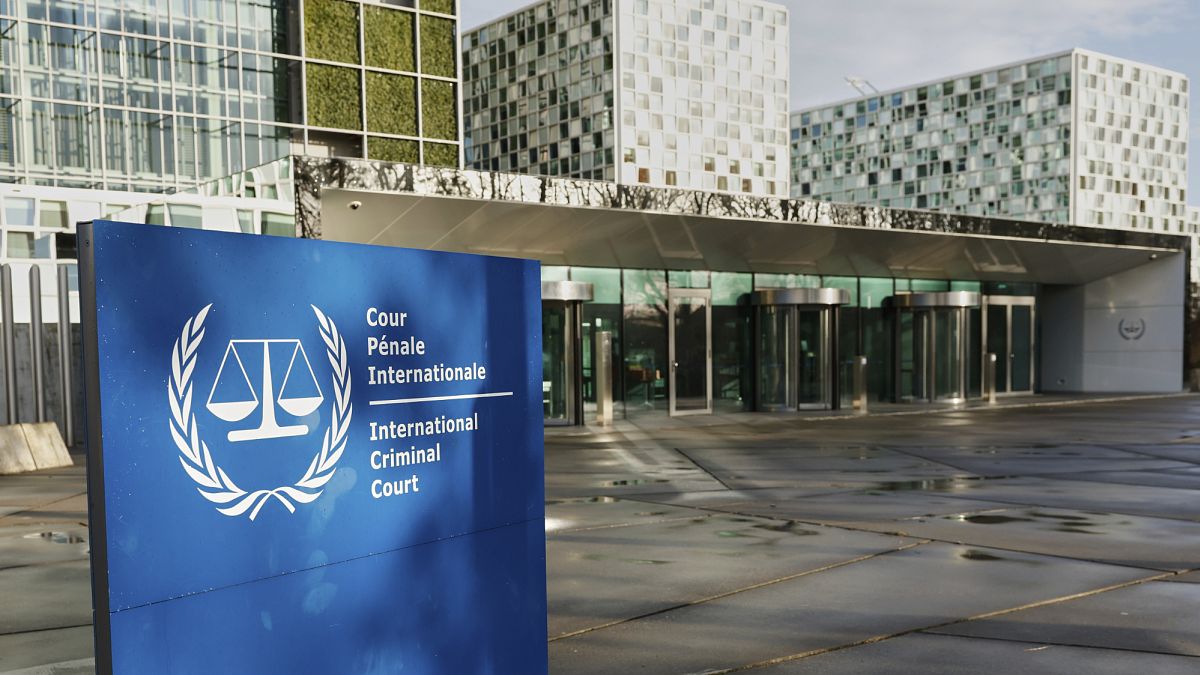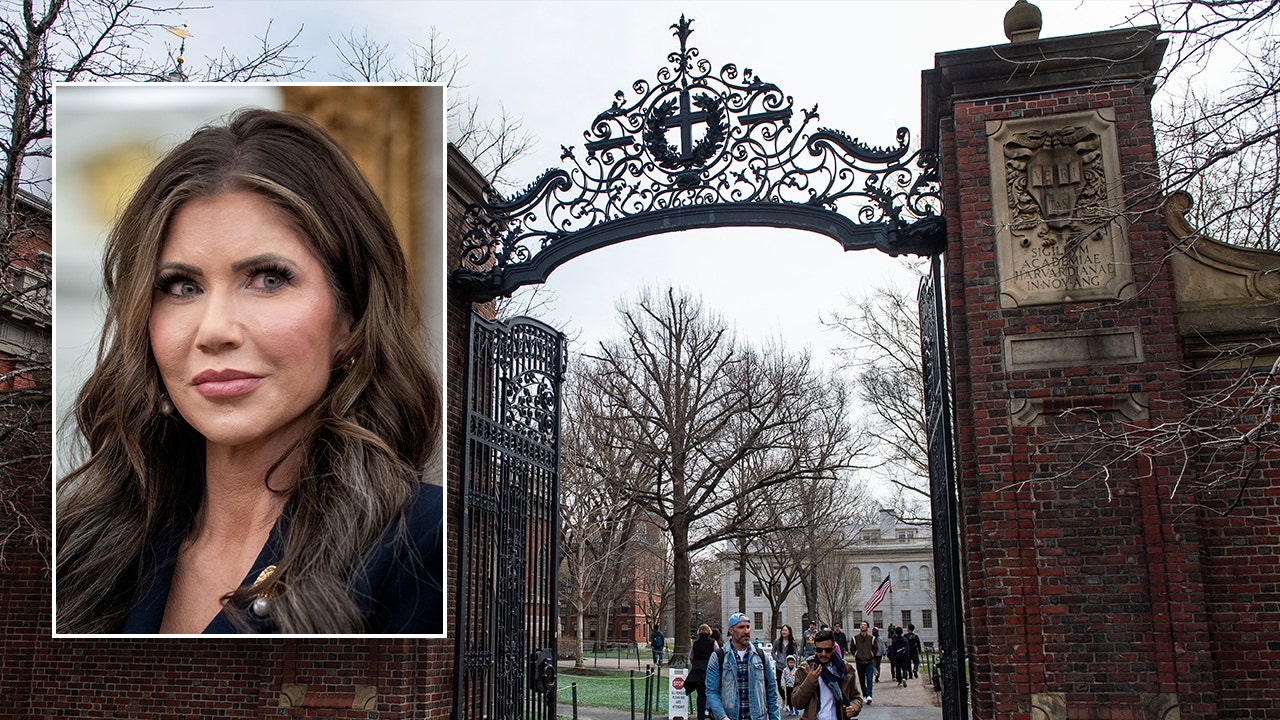Nevada
‘STOP DUI’ works to save lives and stop drunk drivers across Southern Nevada

LAS VEGAS, Nev. (FOX5) – Advocacy group “STOP DUI” continues its message to save saves and keep intoxicated drivers off the roads after dozens of DUI fatalities in 2023.
According to Las Vegas Metropolitan Police, out of 153 road fatalities up to December 29 of this year, 54 involved a possible DUI driver. The number exceeds the December 29, 2022 year-to-date fatalities of 148.
“We have not reached a point where we can actually rest on our laurels. By midnight tonight, 749 men, women and children will have been killed and injured in alcohol-related crashes somewhere in this country. We’re not even including driving under the influence of marijuana, prescription drugs, illicit drugs,” said STOP DUI founder Sandy Heverly. Her mother Doris Erb was killed by a DUI driver as the family was driving on their way to Disneyland.
The group has had victories, helping push for a state law that could punish hit-and-run drivers with a felony. Heverly also speaks in front of court-mandated classes for convicted DUI drivers.
“In 1982, 67%, of all traffic fatalities were alcohol-related. So we’ve been able to get that down to between 30 to 32%. Although that’s encouraging, that isn’t any consolation to the people who are still being victimized by people who choose to drive under the influence,” Heverly said.
The group works as advocates for victims and their families, offering grief support, court resources for prosecution of perpetrators, and other resources they may need through their journey of healing and recovery. Financial support for rent, funeral services, transportation and medical equipment are available. Services are free.
Copyright 2023 KVVU. All rights reserved.

Nevada
Nevada bill seeks to protect renters from ‘hidden’ or ‘junk’ fees

LAS VEGAS, Nev. (FOX5) – A Nevada bill seeks to protect renters from “hidden” or “junk” fees, making sure landlords are transparent with tenants about all monthly rental costs before someone agrees to a lease.
A.B. 121 was brought back, this session, by Assemblymember Venicia Considine. It previously passed both chambers, last session, but was vetoed by Governor Joe Lombardo.
In an effort to curb deceptive advertising, the bill would also require landlords to give tenants a “boiler plate” of a monthly lease disclosing the full amount and all fees, before anyone signs a lease and gives a deposit.
“You have an advertised rate for rent–and then you go in, you put down your non-refundable fees, which could go into the hundreds of dollars–and then you go to sign your lease. You find out that you have all of these fees that nobody has mentioned, and those could add $200, $300 a month to your rent– and you have no ability to opt out of those,” Considine said.
“It’s predatory. That’s why I brought the bill two years ago,” she said.
The bill would also eliminate the fee imposed when renters pay the rent through a designated electronic portal or website.
Robin Crawford, Executive Director of the Nevada State Apartment Association, released the following statement:
“Our organization supports the concept of greater transparency in rental housing fees when it is achieved through well-crafted, balanced legislation. However, AB 121 includes provisions that are unrelated to fee transparency and could create significant compliance challenges for housing providers. We are actively working with the bill sponsor to address these concerns with the goal of supporting a version of the bill that works for both renters and housing providers.”
The FTC has brought legal action against Clark County landlords for such alleged practices. Invitation Homes agreed to pay $48M to renters in Federal Trade Commission settlement, after the FTC alleged fees from “ ‘smart home’ technology and ‘utility management,’ to air filter delivery and internet packages. Renters could not opt out of paying these fees,” a release stated.
Invitation Homes stated that it admits no wrongdoing.
Earlier this year, the FTC announced legal action against Greystar, which manages more than 40 apartment complexes across the Valley.
“No resident at a Greystar-managed community pays a fee they have not seen and agreed to in their lease,” a release from the company stated, vowing to fight the suit.
Copyright 2025 KVVU. All rights reserved.
Nevada
'Revolutionary': This Trump proposal could transform housing in Nevada — but there’s a catch

In Nevada, where rental and housing costs have surged over the past few years, a new plan by the Department of the Interior (DOI) to develop affordable housing on unused acres of federal land across the United States is being hailed as “revolutionary” for the state.
According to a report published in Newsweek Wednesday, homebuilders, residents, and lawmakers from both political parties have been advocating for a similar approach to address the state’s growing crisis.
One of Trump’s campaign promises was to increase the essential housing supply in the U.S. by utilizing government-owned land to address the nation’s housing crisis.
ALSO READ: Wall Street bankers are just like Trump voters — they have no one to blame but themselves
“The initiative could be revolutionary for many states in the Southwest and especially Nevada, where most of the country’s federal land is concentrated. In the Silver State, where over 80 percent of land is controlled by the federal government, homeowners — especially those with lower income levels — are struggling with a chronic shortage of homes that has only exacerbated in recent years, sending prices through the roof,” the report says.
An increasing number of affluent Californians, have, in recent years, moved to Nevada to take advantage of its more affordable housing market. This could partially be the reason for the state’s affordability crisis, per the report.
The Newsweek piece cited a 2024 report from the Lied Center for Real Estate at the University of Nevada, saying that these newcomers had an average income approximately 93 percent higher than that of local residents.
“This influx resulted in a dramatic rise in demand and drove up housing prices as they often participated in aggressive bidding wars against local buyers,” the article notes.
ALSO READ: ‘These numbers are just made up’: Experts directly challenge Trump’s narrative on economy
Although there is bipartisan backing in Nevada to utilize some federal land for constructing essential housing, there are substantial challenges that require federal government support to overcome.
“It is essential to streamline the regulatory process for releasing federal lands. Historically, building on federal land has been complicated by red tape, including lengthy environmental reviews, complex transfer protocols, and conflicting priorities among agencies,” Nevada Gov. Joe Lombardo (R) told Newsweek.
However, data from the Bureau of Land Management (BLM) indicates that the Interior Department’s strategy to privatize federal lands for affordable housing relies on a model that has produced only a small amount of low-cost housing.
As of March 31, the BLM stated that out of over 17,560 acres of land overseen by the bureau in southern Nevada, only 30 acres had been sold directly for affordable housing under a law passed in 1998.
ALSO READ: ‘All alone out here’: Californians in rural Trump country brace for cuts
Nevada
Apartment manager accused of charging ‘hidden fees’ to tenants in Nevada, other states

The federal government has taken a big apartment company with operations in the Las Vegas Valley to court, alleging it collected more than $100 million in “hidden fees” from tenants in Nevada and other states.
The Federal Trade Commission and Colorado Attorney General Phil Weiser teamed up early this year, just days before President Joe Biden left office, to sue real estate giant Greystar.
They claimed in court papers that the nation’s largest multifamily-rental manager used “deceptive advertising” to entice would-be tenants into applying for units and then “bilked those consumers out of hundreds of millions of dollars” by charging hidden fees for itself and its landlord clients.
According to the complaint, Greystar “consistently omits” various mandatory fees from the advertised price of available units, and under the guise of cheaper rent, it can attract more prospective tenants.
Between summer 2019 and summer 2022, on property owners’ behalf, Greystar collected more than $100 million in hidden fees from tenants at properties it managed in California, Colorado, Nevada and Utah alone, the lawsuit alleged.
Greystar’s website lists 43 apartment communities in the Las Vegas Valley.
The civil complaint, filed Jan. 16 in federal court in Colorado, days before President Donald Trump took office, also alleged that prospective tenants have “limited options for recourse.”
If they realize the “true price” before signing a lease and try to withdraw their application, they can’t recoup the hundreds of dollars they paid during the process, and if tenants want to cancel their lease, Greystar charges termination fees often totaling thousands of dollars, according to the complaint.
The FTC, which was led by Chair Lina Khan when the case was filed, is now led by Andrew Ferguson, who was designated chairman of the agency by Trump.
The case against Greystar remains open, court records show.
In response to the lawsuit, Greystar previously said that rather than working with the company “to help drive meaningful improvements for consumers in the rental housing industry, the FTC has opted for headline-grabbing litigation in the waning days” of the Biden administration.
Greystar said that the complaint was “based on gross misrepresentations of the facts and fundamentally flawed legal theories” and that the company will “vigorously defend” itself against the suit.
“The FTC’s complaint targets a longstanding industrywide practice of advertising base rent to potential residents. The idea that this is done with the goal of hiding fees from consumers is patently false,” Greystar said. “No resident at a Greystar-managed community pays a fee they have not seen and agreed to in their lease.”
Greystar, based in Charleston, South Carolina, is led by billionaire founder Bob Faith. The company says it manages and operates nearly $315 billion worth of real estate in roughly 250 markets globally.
Contact Eli Segall at esegall@reviewjournal.com or 702-383-0342.
-

 Movie Reviews1 week ago
Movie Reviews1 week agoFilm Review: 'Warfare' is an Immersive and Intense Combat Experience – Awards Radar
-

 News1 week ago
News1 week ago3 Are Killed in Shooting Near Fredericksburg, Va., Authorities Say
-

 News1 week ago
News1 week agoBoris Johnson Has Run-In With Feisty Ostrich During Texas Trip
-

 World1 week ago
World1 week agoEPP boss Weber fells 'privileged' to be targeted by billboard campaign
-

 Technology1 week ago
Technology1 week agoMeta got caught gaming AI benchmarks
-

 World1 week ago
World1 week agoDR Congo repatriates three US citizens convicted over failed coup
-

 News1 week ago
News1 week agoTrump Asks Supreme Court to Let Him Fire Agencies’ Leaders
-

 Science1 week ago
Science1 week agoTrump Signs Executive Orders Aimed at Reviving U.S. Coal Industry



















